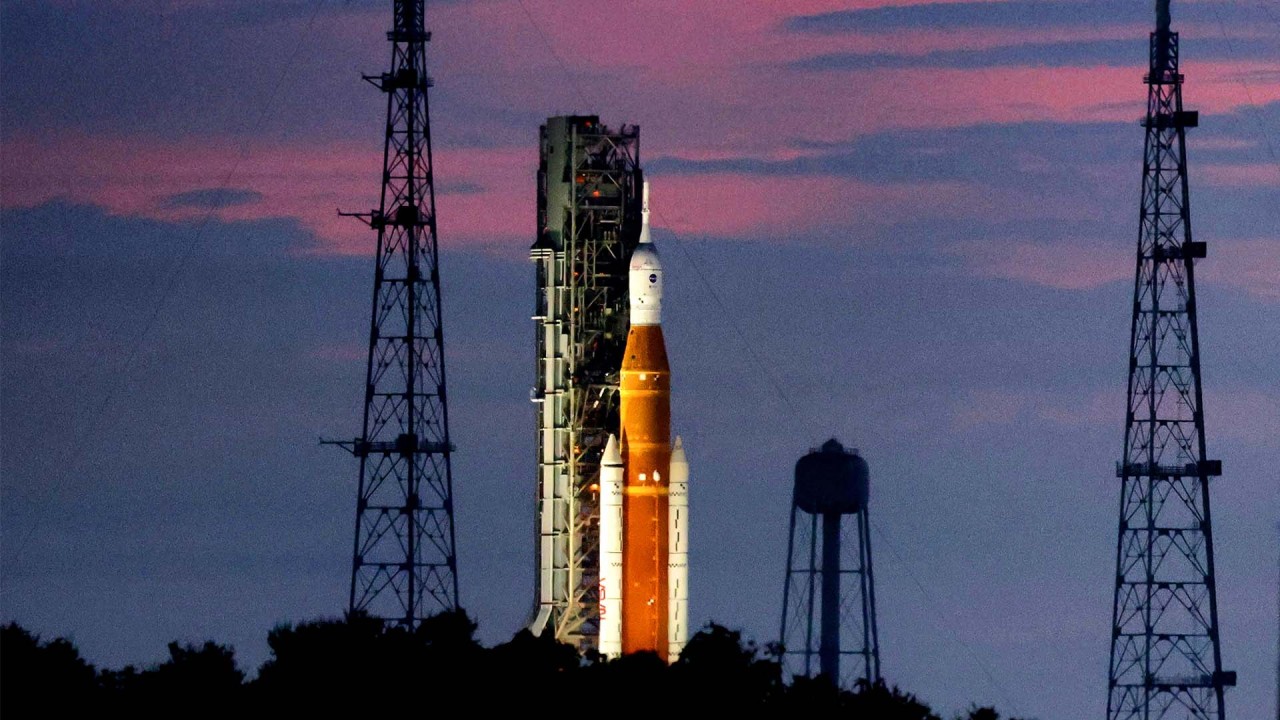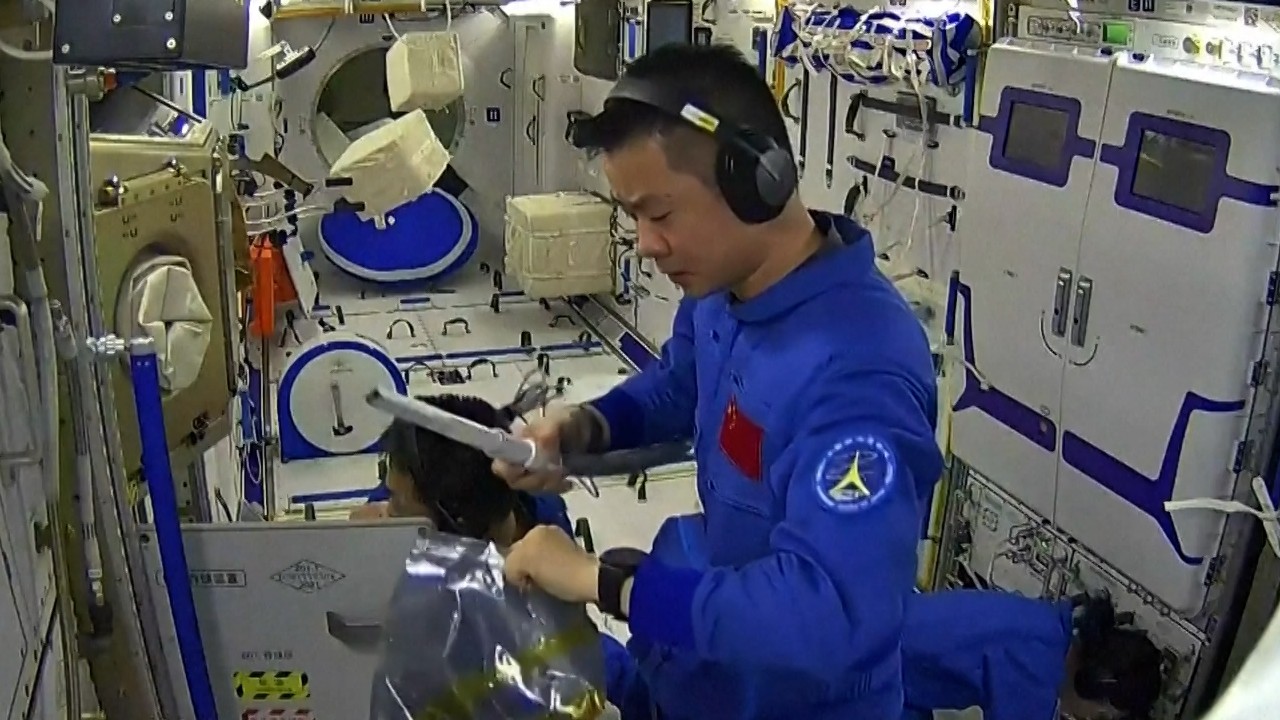
How US can avoid repeating Cold War space race mistakes with China
- A space race is brewing again 50 years after humans last set foot on the moon amid Cold War conflict
- To get it right this time, the US must avoid great power rivalry, make it greener – with reusable rockets for a start – and keep it a purely scientific endeavour
Is 50 still considered old? The answer might seem obvious to some, but it’s increasingly less clear in an era of broadly improving longevity in which 40, 50 and even 60 have been described as “the new 30”.
Ideally, we’d start this chapter united as a species with China as part of the team. I grew up in a Star Trek household, and I still hold a Roddenberrian belief in humanity’s ability to transcend political boundaries as we reach for the stars. This is despite all evidence, even in just the past 15 years, that even moderate social progress will meet swift, organised and often violent backlash.
But rather than use private-sector solutions, Nasa is sticking with the SLS – derisively called the “Senate Launch System” for its bloated budget and perceived cosiness between Congress, Nasa bureaucracy and the aerospace industry. As astronomer Pamela Gay noted, it’s odd to see Nasa dumping a “big piece of trash” in the ocean when avoiding unnecessary damage to the environment is the way of the world.
Do it because it advances knowledge, opens doors for scientific progress and provides a base for expanding humanity’s reach beyond low-Earth orbit. Do it because the sight of someone other than a white man setting foot on another celestial body can inspire people around the world.
There is value in US-China competition, but make it competition rooted in progressive statecraft that brings those who are struggling what they need – roads, ports, clean water, reliable power grids with renewable energy, debt relief and so on. That will do far more to improve the US image and promote American values than the kind of competition that lavishes weapons on dictators and autocrats while helping defence contractors in northern Virginia buy a third holiday home.
If all goes to schedule, Artemis 3 will deliver astronauts to the moon in 2025. I’ll be 44 then. The Trekker in me holds out hope the rivalry rhetoric will calm down and healthy competition can flourish. The international relations student in me is less hopeful but somewhat consoled by the prospect of more rocket launches and a renewed focus on science. You take your small victories where you can these days.
Paul Freelend is a production editor at the Post



